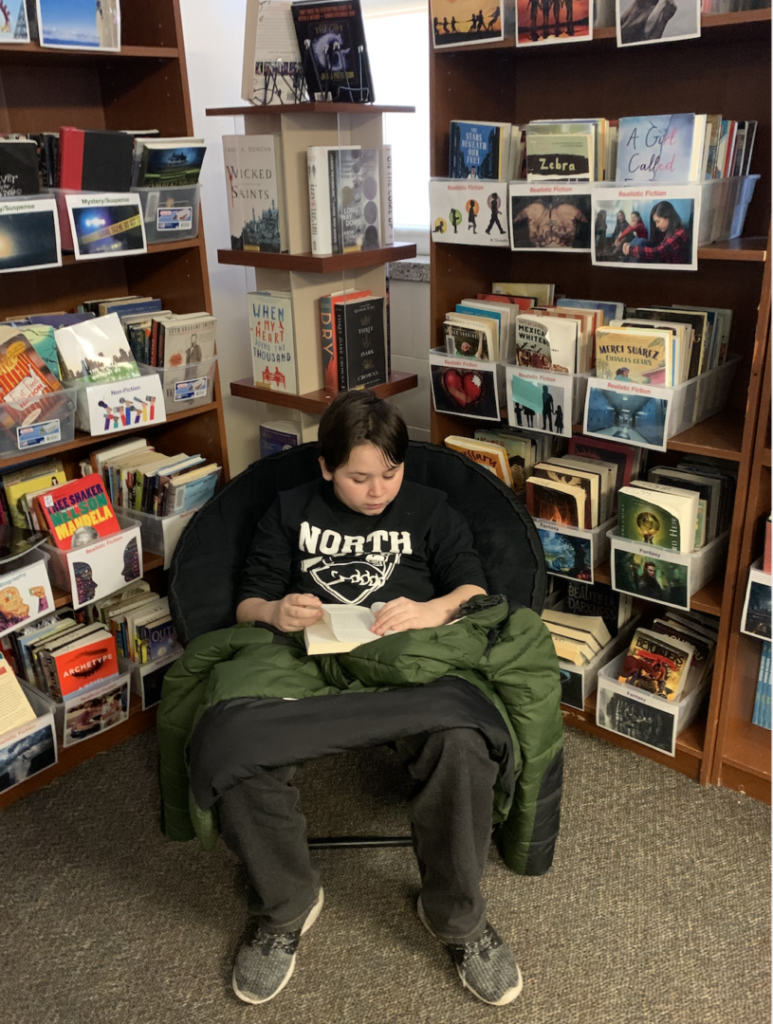As we move from our classrooms into remote learning options for the next month, I am left with feelings of anxiety. What is this going to look like? What about our students who don’t have access to food, let alone technology at home? We do not have all the answers, and yet we must find ways to ensure the integrity of our classrooms remain intact in a virtual world.
For me, the first step in moving forward is thinking about what I need to maintain the community I have worked tirelessly to build since the beginning of this school year. What do I want to be sure does not disappear as we embrace the unknown?
- Classroom Routines
- Meaningful Relationships
- Reader Identity
- Responsibility and ownership for Learning
While this is not an exhaustive list, they were the first things that came to mind when I thought about important aspects of my classroom community I was unwilling to let fade. After identifying these components, I thought about how I might use technology to support these aspects of my new virtual learning community.
Routines
Even though we are shifting to remote learning, this does not mean that establishing routines are impossible. In fact, I have been thinking about the fact that having some routines may also support relationships and reader identity. Regardless of what the new online curriculum calls for, I want to set an opening and closing routine for each classroom session. I am thinking about using FlipGrid as an entry task where each day has a guiding question. This question could change each day or week or remain the same. Similarly, I would like to include an exit task outside of whatever daily assessment is required of the online curriculum. I am thinking that this could be another video reflection or maybe a shared Google Doc or a Jamboard to curate collective thinking and reflection on daily experience.
Relationships
As part of my entry and exit routines into our virtual lessons, I plan to use some questions to support community building. The kinds of questions I want to use will be more for connecting with my students as people. I know they would rather be in school than on their computer. They want social interaction and I want to support healthy social interaction online by incorporating some questions that are related to their own experiences. Additionally, I would like to support relationships with my students through individual and small group conferencing on Google Hangouts. In order to make this manageable, I will use Google Sheets to set up a schedule at the beginning of each week. This way I can share it with students on Monday and they know exactly when they will meet with me online.
Reader Identity
In my classroom, we read every day and share our thinking through book tweets. I am thinking about having students keep a blog, or glog, using either Glogster or Edublogs to track their reading progress and reflect on what they are reading. At the end of each week, I would like to set aside time for students to go and read and comment on each other’s blogs. The tech piece of this might be a heavy lift for some students, however one of the nice features of Google Hangouts is screen sharing. I can model the process and record it using a program like Screencastify so students can go back and watch it.

Responsibility
I want to make sure that my students are not passively accepting information in a digital format. When I am walking around my classroom, I can ask questions to nudge reflection. How can I push them to reflect in a self-paced world? How can we still be part of a learning community rather than individually just complete tasks? There are so many tools to support student reflection and thinking about the topics covered through the digital curriculum. I want students to have responsibility and ownership over their learning. To that end, my students can create video reflections or use GSuite tools to create presentations for materials. Blogging to create a professional portfolio learning is also an option through website generators like Weebly or WordPress. I think the most important thing I can do in my new virtual classroom community is be present, flexible, and provide opportunities to share ideas and collaborate.

